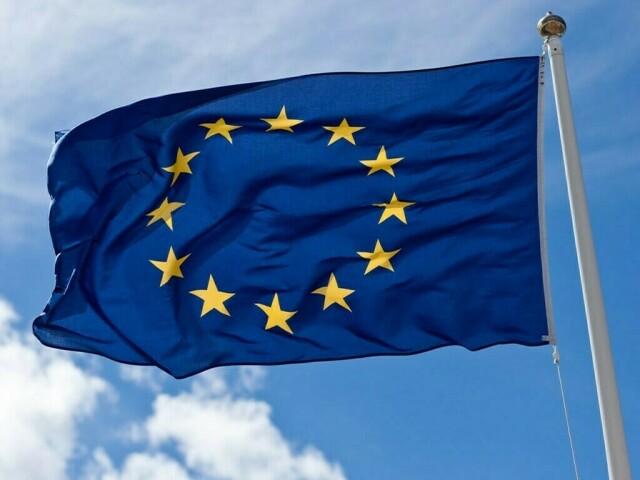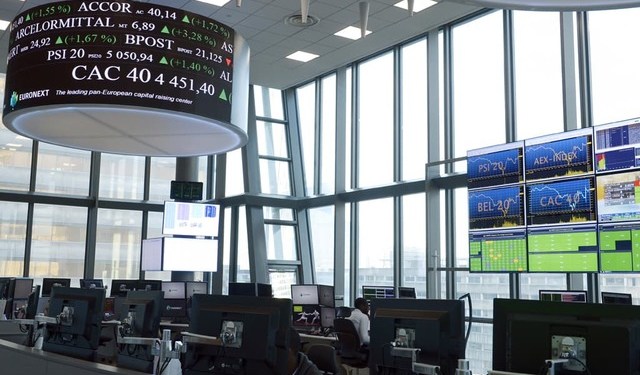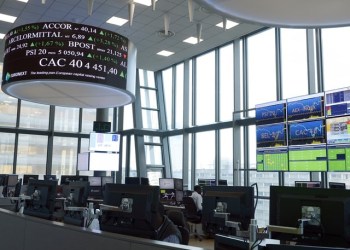JAKARTA: The European Union’s anti-dumping tariffs on Indonesian stainless steel had cut exports severely, an Indonesian trade ministry official said on Tuesday, explaining the country’s decision to complain to the World Trade Organisation.
The WTO said last week that Indonesia has requested dispute consultations with the EU regarding the anti-dumping duties.
The EU last year imposed an anti-subsidy duty of 21% on imports of stainless steel cold-rolled flat products from Indonesia, which came on top of anti-dumping duties imposed in November 2021, ranging between 10.2% and 20.2%. “The EU policy is not in line with WTO rules.
Indonesian exports to the EU was around half a billion dollars (annually) and these (the tariffs) had reduced the competitiveness of Indonesian products,“ Trade Ministry senior official Djatmiko Bris Witjaksono told Reuters.
After the first implementation of the anti-dumping duties, Indonesia’s shipments to the EU dropped to around $229 million in 2021, he said. Following the additional anti-subsidy duty, they shrank further to around $40 million in January-November of last year, he said.
The EU Commission said the bloc imposed the tariffs “to counter unfair state-sponsored subsidies”, which it said involved preferred financing from China and Indonesia’s ban of nickel ore exports.
Japan 2022 crude steel output falls
Jakarta banned exports of unprocessed nickel ore from 2020 to attract investment into developing a downstream industry at home. The WTO last year ruled in favour of the EU in a dispute over the ban. Indonesia is appealing.
Separately, Indonesia and the EU are currently in negotiations for a comprehensive economic partnership agreement, even though they are also in dispute over the EU’s treatment of Indonesian palm oil.

Source: Brecorder


























